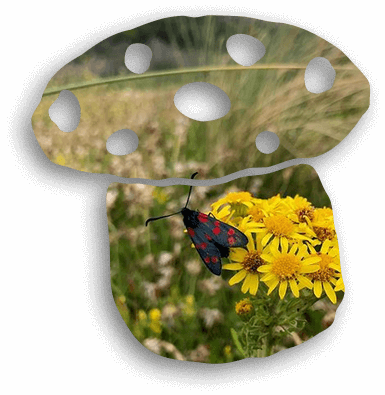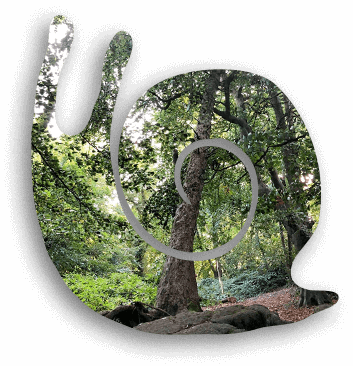
Are camps running this year?
Unfortunately we won't be running any camps over Spring/Summer '23. Please check back here or follow us on Instagram for updates.
What should my child wear?
All sessions take place outdoors so correct clothing is important to keep your child comfortable, whatever the weather. A waterproof jacket, trousers, wellington boots or waterproof shoes are essential. For colder weather, adequate layers and gloves and a hat are necessary. In summer, sunscreen and a sunhat are required.
Do you cancel in the rain?
Rain isn’t a problem at Root Children. In fact, we love the rain. High wind speeds or severe weather warnings are the only cause for our sessions not being able to go ahead.
Will my child get muddy?
It is likely that your child will get muddy, particularly on rainy days when the earth is wet. There are many positive benefits to your child having the freedom to explore in our sessions without worrying about getting muddy. The waterproof layers help with this. You can bring spare clothes when you collect your child, or a sheet or towel for them to sit on in the car going home.
What about toileting?
In Nature Play, children should go to the toilet before the sessions. If a child needs to go to the toilet while outside and school facilities are not available, an adult will supervise but the child must be able to go to the toilet unassisted. Water, soap and antibacterial gel will be available on site.
At Nature Kindergarten Camps there is a composting toilet. Children should be able to go to the toilet unassisted.
Are Root Children insured to do forest school activities?
Yes Root Children has comprehensive and specialist insurance which permits the leader to practice, demonstrate and supervise forest school activities. To meet the insurance requirements all parents must complete the consent form before their child attends.
Are forest school activities safe?
Health and safety issues are of paramount importance and such procedures are part of the comprehensive forest school leadership training and our daily routine as practitioners. We are always minimising risk through detailed risk assessments. In addition, we support children to learn how to assess risk for themselves. Of course, accidents can happen anywhere but we are well prepared. Jennie has an Outdoor Paediatric First Aid certificate and a well stocked first aid kit is always on site. A detailed safety procedure statement is available on request.
Is it safe for young children to work with tools?
Tools are only introduced after numerous sessions. Jennie assesses the suitability of using tools with every new group of children. Each tool is introduced with a tool talk and step-by-step instruction. All tool use is closely monitored with high adult to child ratios.
What does ‘safe fire building’ mean?
Fire is only introduced if appropriate, after a number of weeks of working with a group and if agreed with the school in advance. Jennie uses a small camp fire in a raised, safe container. Fires are explained with a very thorough safety talk and they are closely monitored. Sometimes games are used in the weeks leading up to fire work to lay the foundations of safety around a fire. If it is appropriate for children to learn how to light a fire themselves this will be taught through a step-by-step process and closely monitored. All fires are thoroughly extinguished and removed afterwards. Jennie operates under the principles of ‘Leave No Trace.’ For more info, see https://www.leavenotraceireland.org/
Additional needs support
We operate an inclusive policy for children with additional needs. Our garden location is wheelchair accessible. Please email jennie@rootchildren.ie for specific enquiries.
Why does Forest School cost more than my local sports club?
There are a few reasons for this. Firstly, despite extensive lobbying by the Forest School community in Ireland, there is currently only one insurance company provider in the country and the costs of this insurance are high. Secondly, a core principle of Forest School practice is to support children to assess risk themselves. We believe in the importance of long-term regular contact with the natural world and see the value in risky play and supporting children to learn to assess this independently. To do so safely, it is essential that we have low child /adult ratios. This is also a stipulation of our insurance. Therefore, unlike local sports clubs, we cannot provide lower costs for higher numbers because we must cater safely for much smaller groups. Finally, thorough training and ongoing continued professional development costs are an essential part of a high quality forest school programme.

Want to know more?
These are the most frequently asked questions but if you have any other questions, drop us an email and we'll be back to you shortly.
